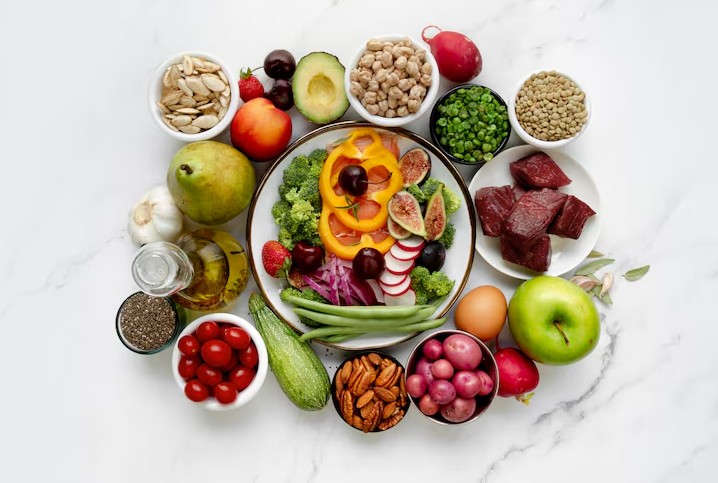
The search for the perfect anti-ageing diet never quite ends. From intermittent fasting to ketogenic eating plans, most solutions demand discipline, calorie cuts or strict meal routines. However, a new trend gaining global attention, popularly called ‘fake fasting,’ suggests that you might be able to enjoy the benefits of fasting without going completely hungry. And yes, experts are taking it seriously.
Often referred to as a fasting-mimicking diet (FMD), this method essentially convinces your body that it’s fasting even though you are consuming small, nutrient-rich meals. The idea is simple: trigger the cellular and metabolic benefits of fasting, minus the exhaustion and deprivation that typically come with not eating at all.

Fake fasting or FMD was developed by Professor Valter Longo, a leading longevity researcher at the USC Leonard Davis School. The diet usually lasts five days and significantly reduces calorie intake while still allowing participants to eat carefully designed plant-based meals.
The goal is to mimic the biological effects of water-only fasting, including reduced inflammation, lower insulin levels, improved metabolic function, and enhanced cellular repair. One of the major processes triggered during fake fasting is autophagy, a natural ‘clean-up mode’ that helps remove damaged cells and promotes regeneration.
Longo has described the method as the first food-based intervention shown to make people ‘biologically younger’, based on two clinical trials measuring biological age and metabolic markers.
In studies conducted at USC, participants followed three to four cycles of the fasting-mimicking diet, each followed by a return to regular eating. Their meal plans typically included plant-based soups, nut bars, herbal teas, chips made from vegetables, and dietary supplements rich in vitamins, minerals and essential fats.
The findings were noteworthy:
Researchers noted that combining restricted calories with specific nutrient ratios may create an environment ideal for cellular rejuvenation.
Don't Miss: Is Intermittent Fasting Safe For Everyone? Dietitians Share Dos and Don'ts

A typical FMD programme is low in carbohydrates and protein but high in healthy fats. It may include:
Most people follow it using pre-packed meal kits such as ProLon, designed to maintain the precise nutrient balance Longo’s research recommends.
Experts say this diet may be helpful for people who want to:
Because you are still eating, many find it easier to follow than strict fasting.

Fake fasting is not suitable for everyone. Some people may experience:
It is not recommended for pregnant or breastfeeding women, underweight individuals, or those with chronic medical conditions without professional supervision. As with any major dietary shift, experts advise speaking to a doctor before starting.
Don't Miss: 7 Magnesium-Rich Foods That Can Improve Sleep and Boost Your Mood
Keep reading Herzindagi for more such stories.
Image Courtesy: Freepik
Also watch this video
Herzindagi video
Our aim is to provide accurate, safe and expert verified information through our articles and social media handles. The remedies, advice and tips mentioned here are for general information only. Please consult your expert before trying any kind of health, beauty, life hacks or astrology related tips. For any feedback or complaint, contact us at compliant_gro@jagrannewmedia.com.